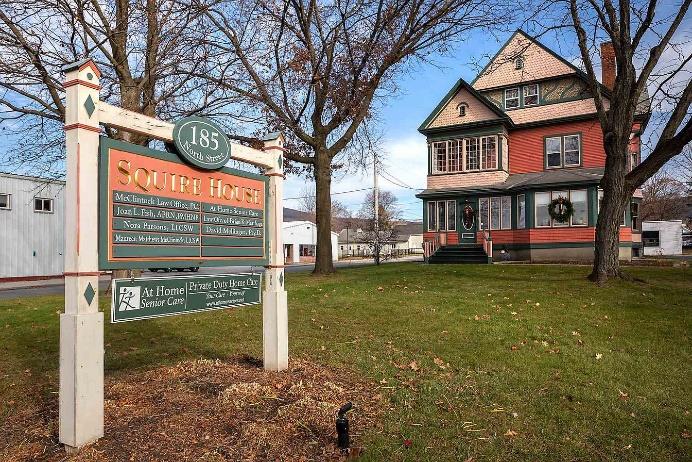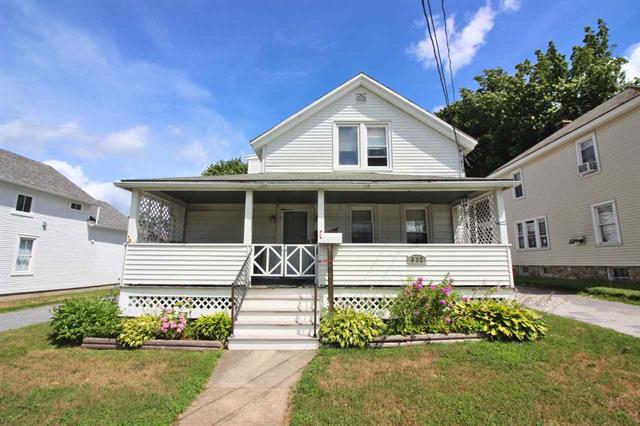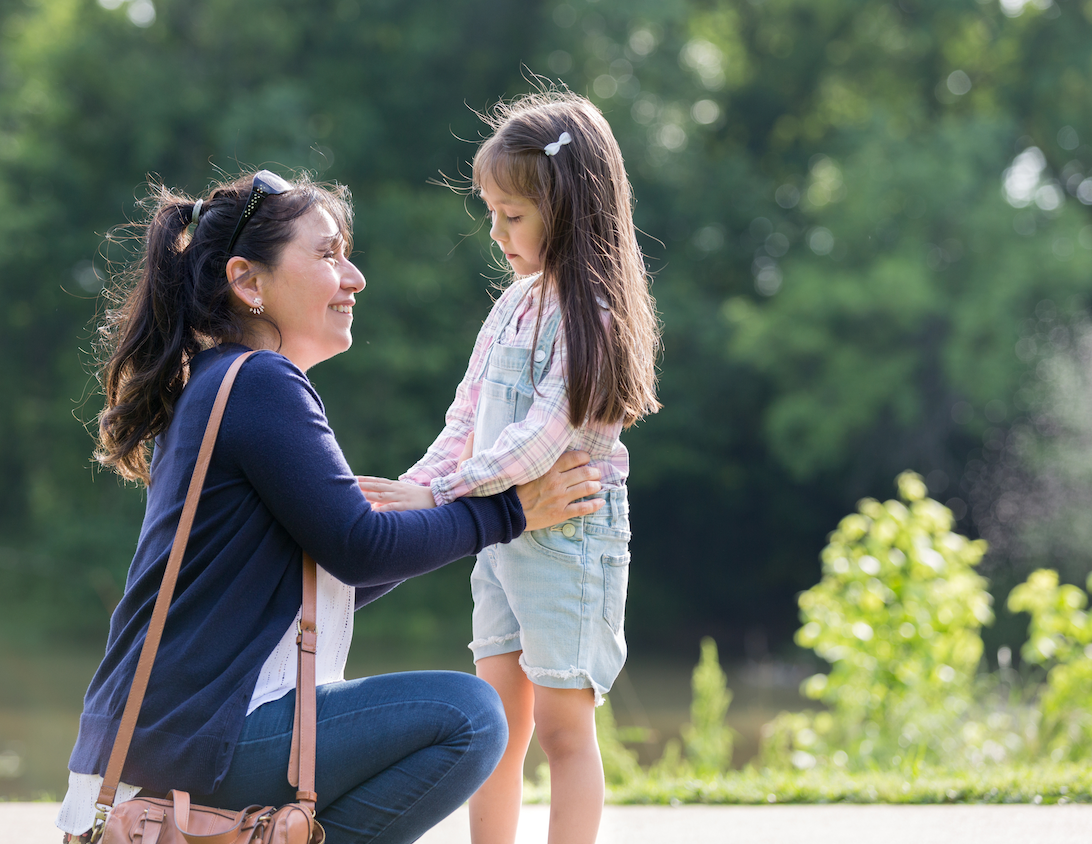Bennington Fund for Recovery
Join us in fighting the devastating opioid epidemic and ending the cycle of addiction in our community.
The Bennington Recovery Housing projects will give the gift of stable, supportive recovery residences (RRs) for men, women, and their children to regain their footing. Those recovering from drug and alcohol abuse are fighting for their health, for their lives, and for better futures. They are survivors who are doing everything they can to start over. They need and deserve our help.
RRs offer a safe, supportive environment that promotes recovery from substance use disorder (SUD), and the associated problems those with SUD face. We are so close to having the funding needed to create 18 RR beds in Bennington, but we need your help to make this happen!
Skyrocketing labor and material costs are threatening this project. Seemingly overnight, our quotes from contractors rose 10-20% to keep up with gas prices and inflation. Our current estimates project a budget gap between $100,000 and $120,000.
We are looking to community members to help make this happen.
What is a Recovery Residence (RR)?
Recovery Residences (RRs) are homes dedicated to supporting individuals to live independently in the early stages of their recovery from any type of Substance Use Disorder (SUD).
RRs support adults of all ages, but they typically house men, women, and women with dependent children separately.
Residents pay something for their housing and commit to not using alcohol or illicit drugs during their tenure. RRs may or may not limit the duration of occupancy, but most stays range between 5 and 12 months. Residents typically sign contracts rather than leases, affording the sponsoring entity greater capacity to, among other things, remove individuals who do not abide by the terms of the agreement.
The RR model is predicated on supported, peer-based accountability. It leverages the common intention of residents to overcome their addiction and reassemble their lives. This philosophy promotes norms that reinforce healthy living skills and associated values, attitudes, and connections for sustaining recovery. Some, though not all, include live-in “house managers” for residential supervision to support the group life and recovery process of residents.
The Facts: Why are RRs Needed?
We’ve lost too many promising, bright, young Vermonters to alcohol and opioid misuse. Heartbreakingly, it’s hard to find someone these days who doesn’t have a family member, friend, or loved one who’s battled substance use disorder. The COVID-19 pandemic has only exacerbated this crisis.
- DOING NOTHING IS NOT AN OPTION.
- Among the 50 states, Vermont has the 4th highest rate of alcohol dependence and the highest rate of illicit drug use disorder in the country.
- The number of people being treated for heroin or other opioid use in Vermont increased 1540% from 2000 to 2017.
- In Vermont, the number of overdose-related deaths in 2021 increased 50% over the previous 3-year average.
- Bennington was one of the counties with the greatest number of fatal overdoses and overdose deaths in January-October of 2021. 14 Bennington residents tragically lost their lives to SUD during this period.
- THE CHOICES FOR GETTING BACK ON TRACK AND REGAINING STABILITY IN RECOVERY ARE DAUNTING IN BENNINGTON COUNTY.
- The closest RRs are over 55 miles away, in Rutland or White River Junction.
- Phoenix House, the recovery house located in Brattleboro, closed in 2021, despite overwhelming need, leaving even fewer options for those seeking support in southern Vermont.
- 65% of all RRs in Vermont are located in Chittenden County, though that region makes up for only 24% of the total persons receiving substance use disorder treatment statewide. State funding continues to go disproportionately to RRs in Central and Northern Vermont.
- 570 Bennington County residents each quarter of 2021 did the hard work of undergoing treatment and getting sober.
- A 2019 Report on the need for RRs in Vermont estimated that there was a need for 2 recovery residences in the Bennington region.
- RECOVERY RESIDENCES WORK.
- Those who are able to access RRs after SUD treatment discharge “had significantly lower substance use, significantly higher monthly income, and significantly lower incarceration rates,” even compared with individuals who left treatment to a “usual-care condition” such as outpatient treatment or self-help groups (American Journal of Public Health, Oct 2006; Vol. 96, pp1727–1729).
- “Research has shown that individuals with substance use disorder who utilize recovery residences demonstrate a greater chance of achieving long-term recovery than those who do not live in a recovery oriented environment” (2021 VTARR Frequently Asked Questions).
- Each dollar invested in recovery housing results in an estimated $2.25 in avoided costs to society (2020 Recovery Kentucky Annual Report).
A Plan for RRs in Southwestern Vermont
Shires Housing has been a part of the Opioid Response Taskforce since it was founded in 2018. This local leadership team–comprised of community organizations that work on health care, mental health, recovery, government, law enforcement, housing, transportation, and prevention–has continuously identified housing as a critical need to end the cycle of addiction. We are building recovery residences to serve up to 16 residents.
Squire House: A Safe Place for Women & Children to Thrive

Shires is working with the Vermont Foundation of Recovery (VFOR) and Mission City Church to convert the historic Squire House at 185 North Street in Bennington into a recovery residence. This building will provide 8 women and dependent children with transformational, service-integrated recovery housing.
This home is centrally located in downtown Bennington to ensure that residents are in close proximity to services and transportation that support their recovery. 70% of women who enter treatment for SUD have children, and many are single mothers and the sole caretakers for their kids. Remaining connected to schools, after-school activities, and co-parents is especially vital to providing stability and protecting the bond between a mother and her child during the recovery process.
Thus: we are repurposing this historic, downtown building to include 3 apartments and meeting space.
612 Gage Street: A Caring, Structured Space for Recovery

Meanwhile, not even half a mile down the road, we’re working with the Turning Point Center of Bennington (TPC) to convert a former senior community care home at 612 Gage Street into recovery residences. The two units will serve men in the Bennington community as they regain their footing and reestablish themselves as pillars of their families and communities.
The building features a large porch and is in close proximity to the Bennington Rec Center. 612 Gage will accommodate 8 men, in addition to 1 live-in house manager.
This residence will provide accountability, structure, and community to promote lifelong sobriety. Residents are paired with a Recovery Coach and work together to improve and sustain their wellness holistically. Recovery Coaches address the individual’s needs, especially health, lifestyle, employment, and relationships.
Real Stories of the Impacts of RRs
Recovery takes tremendous courage and resolve. The early stages are especially difficult, with relapse rates hovering between 40 and 60% (NIDA, 2020). Recovery residences work to break this cycle for many. Hundreds of Vermonters have found support in having a safe, supportive environment, surrounded by others who are committed to sobriety, as they get back on their feet. Here are just a few of the countless success stories from residents at other Vermont recovery residences managed by VFOR:
“I have been living in VFOR’s Morrisville home for women since May of 2021. I love it here. I am very fortunate to have a nice home with women that are going through some of the same struggles that I am. There is always someone here for me to talk to and seek comfort and or advice. It also allows me an opportunity to help others. I find the structure of the VFOR policies to be great for learning to live on my own again. […] Living in the house also holds me accountable and has been very helpful. My house manager[s] Brenda and Andrew have been great support[s] and resources for me. I know I could call either one with any questions or concerns. I thank VFOR for this opportunity to get back on my feet.”
“On March 14th of 2020 I made a life changing decision to move into a Vermont Foundation Of Recovery home. […] I’m 28 years old and have spent the last 7 years of my life going in and out of recovery. However nothing could prepare me for what was about to happen early on in my stay here at VFOR. The country shut down within the first week of my stay here at VFOR because of Covid19. That meant no in-person meetings and that finding a job was about to become very difficult. Fortunately for me, my fellow members and VFOR staff were very helpful which made the transition at such a difficult time much easier. Living in a VFOR home has provided me with structure, resources, and a good local recovery network. Since living here I’ve started a great new job, gained some financial stability, and mended relationships with friends and family members. […] Everyday presents new challenges as I grow and make progress in my life of recovery. I’m grateful for everyday that I’m sober and have to say that if it wasn’t for VFOR I wouldn’t be where I am today. Now I find myself preparing for the next big step in my life where I move out on my own to continue living a life free from drugs and alcohol. I’d recommend VFOR to anyone out there who’s struggling to stay sober in these trying times.”
“About 7 months ago I came into VFOR. I was a wreck. I had just got out of rehab after 5 years of sobriety. I became complacent and stopped going to meetings. I did everything in my power to isolate myself from others and just went to work. I found myself drunk or high at work and crashed my jeep into a semi, head on one night. Despite one slip up, I learned here that helping others helps me. I’m now 6 months sober and moving forward with my life for the better. VFOR gave me a chance to shine and then a second chance to do it right. Big thanks to Vermont Foundation of Recovery and all my roommates and sober community.”
“[A Recovery Residence] has saved me, without a safe place to go I would still be out there using. I’ve got my life back, a good job, a hobby I love. […] I feel safe and have growing relationships. Rehab was not a long enough time away from my using and I needed more time, VFOR was the place me, I’m growing as a person. I can’t thank you enough for giving me a chance.”



